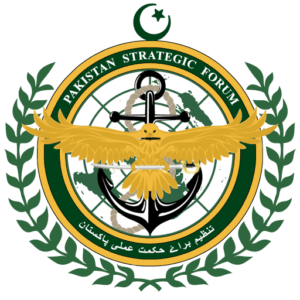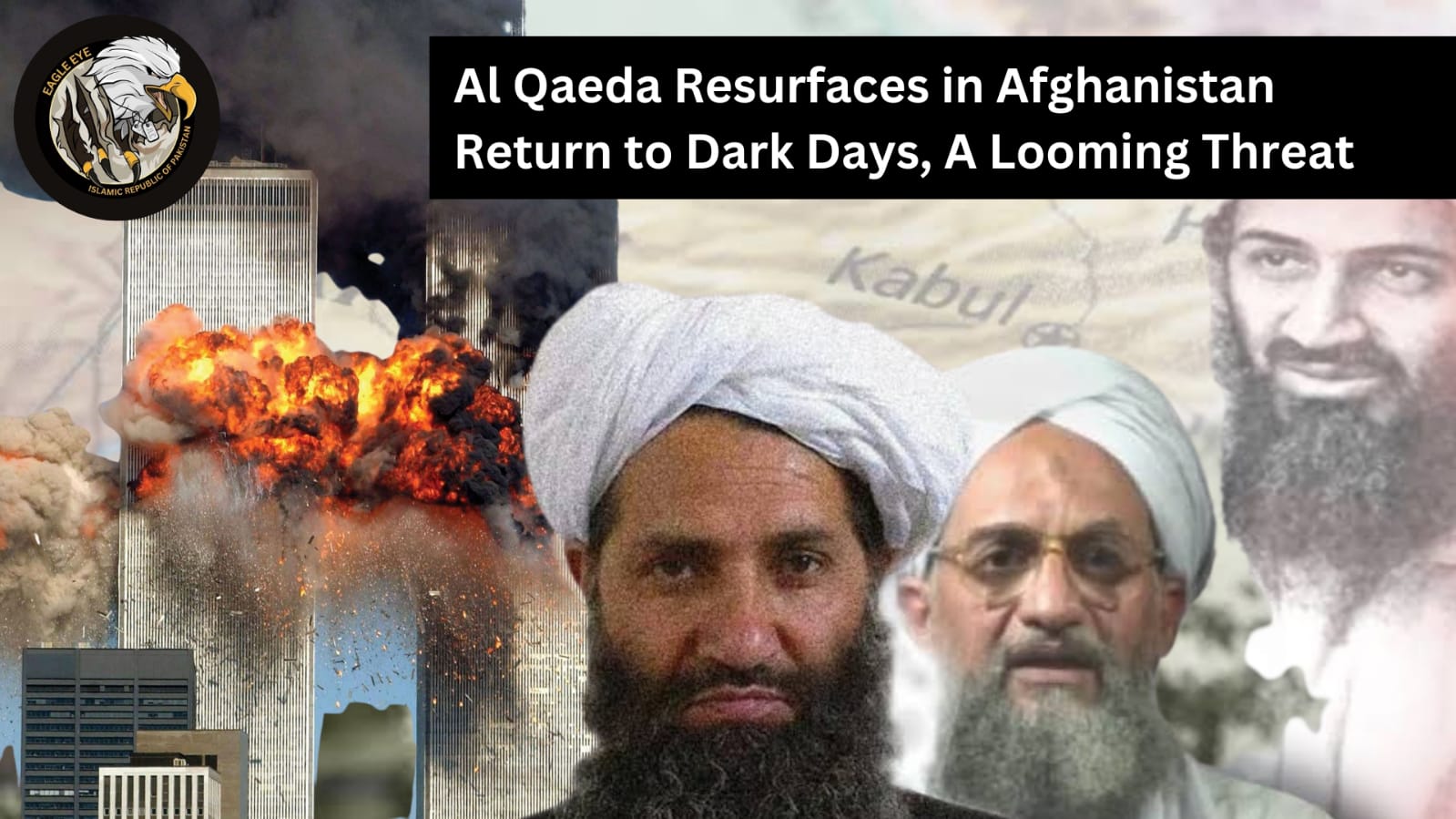Note: This article discusses about the situation inside Occupied Kashmir & how IIOJK is world’s largest open air prison.
As the calendar turns towards August 2022, it marks the third anniversary of India’s illegal annexation of the Occupied Kashmir territory, inhabited by its indigenous Kashmiri people who do not identify as Indians, and turning the beautiful valley into the world’s largest open-air prison, with extremist-level stifling of any dissent, a complete communications ban and hundreds of thousands of Indian military forces to crush any idea of freedom. Over the past 3 years, the Bharatiya Janata Party, steered by Narendra Modi and his Hindutva RSS ideology (influenced by Nazi racial fascism), has set new records of human rights violations in Indian Illegally Occupied Jammu and Kashmir (IIOJK).
Global human rights bodies, which attempt to document the injustices and genocidal situation in IIOJK, routinely raise red flags over the deteriorating situation in the valley, where all notions of free will are crushed immediately by Indian soldiers through torture, fake encounters and deadly military force on over 8 million civilians, a majority of them Muslims.
This is due to the fact that Indian politics has been overtaken by a brand of extremist Hindu-supremacist ideology that has emboldened millions of Hindus to openly demand the establishment of a Hindu-only and Hindu-supremacist state in India where other religions, especially Muslims (which they see as their former rulers and hence responsible for ‘holding back’ some great imagined Hindu state) as second-class citizens, much in the same way the Germans treated the Jews. The world became aware of reports of torture by Indian security forces in Indian Occupied Kashmir. These reports are deeply concerning. It is the responsibility of all countries to guarantee the fundamental rights of their citizens.
According to the United Nations High Commissioner for Refugees (UNHCR), more than 1,250 Kashmiris have been permanently blinded by use metal pellets fired by Indian security forces at crowds of Muslims from mid-2016 to the end of 2018. After that, the Indians stopped journalists from reporting further numbers. While such atrocities have almost always been a near constant in Indian Illegally Occupied Jammu and Kashmir, after August 2019, the pattern has intensified as the BJP looks to stifle any trace of local uprisings. With a blanket deployment of security forces, empowered with wide authorities to detain and brutalize local Kashmiris, and by employing hard handed techniques, the Modi government in New Delhi believes it can suppress the desire for freedom in IIOJK. Data gathered from 2016 shows more than 1,700 Kashmiris were injured by metal pellets used by the Indian occupying force to crush peaceful protests in that year alone.
The Delhi regime is also intolerant to any form of dissent and has shown no mercy to those who criticize its actions. Over the past few years, the Hindu nationalist administration of Prime Minister Modi has detained more than 14,000 political leaders, lawyers, activist and even children from Indian Illegally Occupied Jammu and Kashmir. Since the annexation of Kashmir, India has trampled all basic rights.
The occupied territory has been cut off from the world. With limited access to phone lines and even internet, the Modi government has rendered millions of Kashmiri people incommunicado. In a statement criticizing the Indian government’s actions, Amnesty International said: “We share the concerns raised over the dire human rights crisis in Kashmir. Nearly 8 million people in Kashmir have been living through a communication shut down since August 5. The world needs to know what’s happening. Take action and demand that the government let Kashmir speak” India continues to receive criticism from all corners, but much of it falls on the deaf ears.
Shortly after the illegal annexation of Kashmir, the Modi government decided to control Kashmir’s communication lines. “The Indian government needs to put humanity first and let the people of Kashmir speak,” the group said while urging people to sign an online petition. Kashmir’s communication blackout is not just limited to the phone lines and internet connections, it goes beyond that. The illegally occupied territory has been a no-go area for journalists. Independent media professionals are not allowed to report from the area. In its petition to Indian authorities, international freedom of press organizations have also urged unconditional and unconstrained access to news and information from the valley. According to an article published by the BBC, Journalists in Indian-administered Kashmir have expressed alarm at reporters being investigated by police under a stringent anti-terrorism law.
Criticizing the government, the Editors Guild of India also issued a statement. “We are shock and concerned over the high-handed manner” in which law enforcement agencies have used prevailing laws to deal with journalists in Srinagar. According to the BBC article, journalists from the valley have been regularly summoned to police stations to explain reports, while others have had charges filed against them, had their mobile phones confiscated and intimidated into revealing sources.
Expressing its disappointment over the killing of minors in Kashmir year, Amnesty International said: “The unlawful killing of a child shows utter contempt for human life and the fundamental principles of humanity. The authorities must investigate this incident and must bring the perpetrators to justice. Killing of civilians can never be justified under any circumstances and is in violation of Article 3 of the four Geneva Conventions of 1949,” the London-based rights organization said.
The incident triggered global outrage. The UN Secretary General also expressed his concerns about the report. “I remain concerned by child casualties in Jammu and Kashmir and call upon the government to take preventive measures to protect children, including by ending the use of pellets against children. I am concerned by the detention of children, including their arrest during night raids, internment at army camps, torture in detention and detention without charge or due process, and urge the government to immediately end this practice,” said UN Secretary-General António Guterres in a statement.
Other rights organizations have also been vocal and critical of India’s actions. In a statement, the Human Rights Watch said: “The Indian government continues to impose harsh restrictions on Jammu and Kashmir.” The first six months of 2020 witnessed the continuation of India’s heavy-handed tactics in the illegally occupied territory. The six-monthly review of Human Rights Situation in Indian Administered Jammu And Kashmir paints a grim picture.
“The first six months of 2020 witnessed the continuation of the banning of 4G mobile Internet services, which were banned on August 5 last year. The right to access information continues to be severely restricted in J&K as part of the on-going counter-insurgency measures by the government of India as there were 55 instances of internet blockades recorded from January 1 to June 30 2020,” the document states. India’s Hindu nationalist government has also received flak for its attempts to modify the demographics of the Indian Illegally Occupied Jammu and Kashmir. In a recent statement the Organization of Islamic Cooperation cautioned: “We call on India to halt security operations against the people of Jammu and Kashmir immediately, respect basic human rights, refrain from changing the demographic structure of the disputed territory and settle the conflict under the relevant UNSC’s resolutions.”
#WhiskeyPapa
#TeamPakistanStrategicForum






